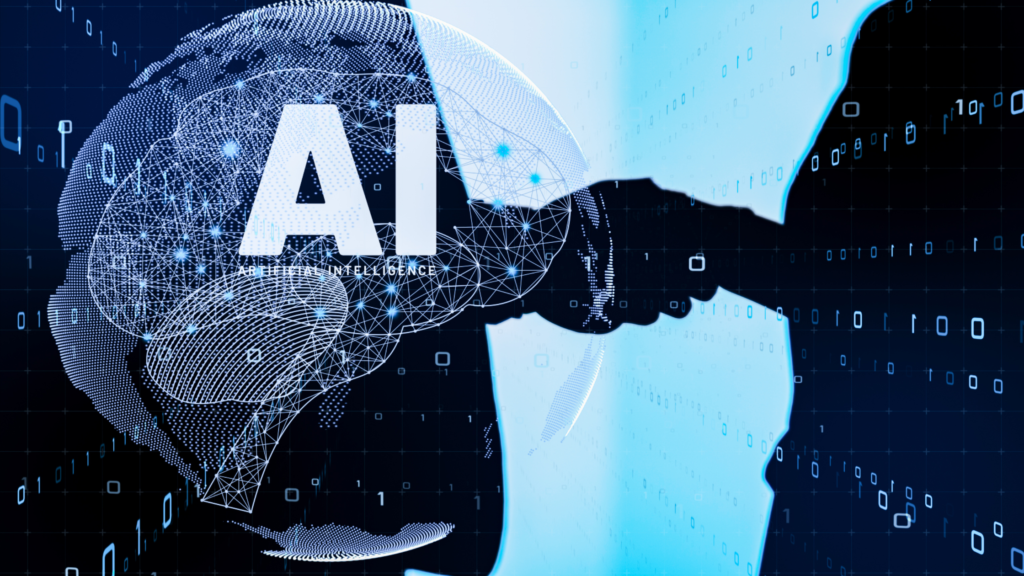How AI Innovations Transform Social Impact Ventures
Artificial intelligence (AI) is revolutionizing the landscape of social impact ventures, offering unprecedented capabilities in data analysis, pattern recognition, and process automation. These technological advancements are enabling innovative solutions to complex social challenges across various sectors. For organizations like Bottom Billion Corporation (BBC), which focus on promoting sustainability and economic development in underserved communities, AI presents a powerful tool to enhance their mission effectiveness. The integration of artificial intelligence in social impact initiatives is driving improvements in areas such as healthcare delivery, education access, environmental conservation, and financial inclusion. However, this integration also brings challenges, including data privacy concerns, potential biases in AI algorithms, and the need for digital infrastructure in underserved areas. The Role of AI in Social Impact Ventures Artificial intelligence enhances the efficiency and effectiveness of social impact ventures in several ways. By automating routine tasks, it allows organizations to focus on strategic initiatives. For example, AI-powered data analysis can streamline the identification of target demographics, enabling more precise interventions. Predictive analytics, driven by it, can forecast trends and outcomes, helping organizations allocate resources more effectively. One of its most significant contributions is in data-driven decision making. Social impact ventures often operate in resource-constrained environments where every decision counts. Artificial intelligence can analyze vast amounts of data from diverse sources, providing actionable insights. For instance, it can analyze healthcare data to predict disease outbreaks, enabling timely interventions and resource allocation. It also allows for the personalization of interventions, making social impact initiatives more effective. By analyzing individual needs and circumstances, It can tailor solutions to maximize impact. In education, platforms driven by artificial intelligence can customize learning experiences for students, addressing their unique strengths and weaknesses. This personalized approach ensures that interventions are relevant and impactful. AI-Driven Innovations in Social Impact Healthcare Artificial intelligence is revolutionizing healthcare in social impact ventures. Diagnostics powered by it can enhance disease detection and treatment in underserved areas. For instance, its algorithms can analyze medical images to detect conditions like tuberculosis and malaria with high accuracy. Additionally, telemedicine platforms driven by it can connect patients in remote areas with healthcare professionals, improving access to quality care. Education In education, it is transforming learning experiences. Educational tools driven by artificial intelligence provide personalized learning pathways, helping students progress at their own pace. Adaptive learning platforms use it to assess student performance and adjust content accordingly. This approach is particularly beneficial in regions with limited educational resources, ensuring that students receive tailored support. Agriculture Artificial intelligence’s impact on agriculture is profound, especially in developing regions. It drives precision agriculture techniques to optimize resource usage, increasing crop yields and reducing waste. For instance, It can analyze soil data to recommend optimal planting strategies and irrigation schedules. This technology empowers farmers with actionable insights, promoting sustainable agricultural practices and enhancing food security. Challenges and Ethical Considerations Data Privacy and Security While artificial intelligence offers numerous benefits, it also raises concerns about data privacy and security. Social impact ventures often handle sensitive information, and ensuring data protection is paramount. Implementing robust data governance frameworks and adopting encryption technologies are essential steps to safeguard data integrity and privacy. Bias and Fairness Artificial intelligence systems can inadvertently perpetuate biases present in the data they are trained on. Ensuring fairness and equity in interventions driven by it is crucial. Social impact ventures must adopt transparent artificial intelligence models and regularly audit algorithms for bias. Engaging diverse stakeholders in the development and deployment of artificial intelligence solutions can also help mitigate bias. Accessibility and Inclusion Artificial Intelligence-driven solutions must be accessible to all, including marginalized communities. Ensuring that these technologies are user-friendly and culturally relevant is vital for their successful adoption. Social impact ventures should prioritize inclusivity in their artificial intelligence initiatives, involving community members in the design and implementation process. Artificial Intelligence’s Future in Social Impact Ventures Emerging Trends The future of artificial intelligence in social impact ventures is promising, with several emerging trends poised to drive further innovations. AI-powered IoT devices are enhancing real-time data collection and monitoring in areas like environmental conservation and public health. Additionally, advancements in natural language processing (NLP) are improving communication and engagement in multilingual and multicultural settings. Collaboration and Partnerships Collaboration and partnerships will play a crucial role in maximizing the impact of artificial intelligence in social ventures. Public-private partnerships, involving governments, NGOs, and tech companies, can pool resources and expertise to address complex social challenges. Open-source artificial intelligence platforms and data-sharing initiatives can also foster innovation and scalability. Sustainable Practices Sustainability is a key consideration in artificial intelligence deployment. Social impact ventures must prioritize sustainable practices of artificial intelligence, minimizing the environmental footprint of its technologies. This includes optimizing energy consumption in its training processes and promoting the use of renewable energy sources in data centers. Artificial intelligence’s influence on social impact ventures is transformative, offering innovative solutions to address pressing social challenges. By enhancing efficiency, enabling data-driven decision making, and driving personalized interventions, It is empowering organizations like Bottom Billion Corporation to promote sustainability and economic development. As its technologies continue to evolve, collaboration, ethical considerations, and a focus on inclusivity will be essential to harness their full potential for positive social change.
How AI Innovations Transform Social Impact Ventures Read More »

